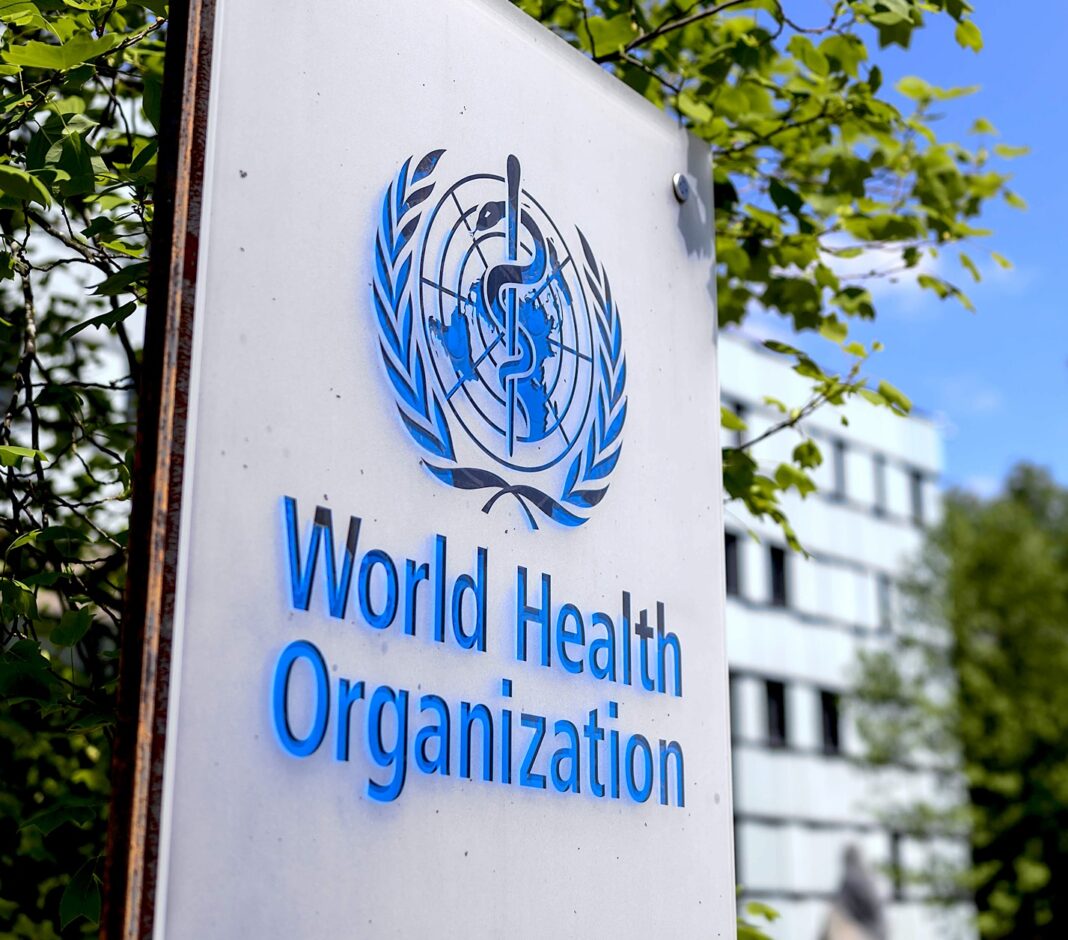Earlier in the day, WHO’s International Agency for Research on Cancer placed aspartame in category Group 2B, meaning there is limited evidence that the substance can cause cancer.
Aspartame is one of the world’s most popular sweeteners, commonly used as a sugar substitute in foods and beverages, like diet sodas.
South Korean food and beverage firms that use aspartame in their products are trying to come up with countermeasures as they closely monitor consumers’ response to the WHO announcement, reports Yonhap news agency.
South Korea’s food safety agency said it will maintain the maximum daily intake level of the artificial sweetener at 40 mg per kg per day in line with the Joint Expert Committee on Food Additives’ (JECFA) recommendation.
JECFA is an organization under the WHO and the Food and Agriculture Organization of the UN.
A 60-kg adult would have to drink about 55 cans of 250 milliliter-zero soda or 33 bottles of 750 ml-makgeolli to consume the maximum daily intake of aspartame.
According to a 2019 survey by the Ministry, South Koreans consume about 0.12 prcent of the WHO’s acceptable daily intake of aspartame.
“Makgeolli”, a Korean traditional liquor made from rice, contains a minimal amount of aspartame. It would take some time for makers to begin using replacements, as they need to check possible flavour changes and conduct the necessary administrative procedures, the Agriculture Ministry said.
Lotte Chilsung Beverage Co., which distributes Pepsi cola in South Korea, said it is discussing the matter with Pepsi’s global headquarters and has yet to make a decision about the substance.
Lime and Mango flavours of Pepsi’s zero sugar products and Pepsi Black contain aspartame.
Confectionary firms are also scrambling to try to replace aspartame in their products.
Orion Corp. and Crown Confectionery Co., the country’s major snack producers, said they have started looking for alternative sweeteners for their products.
Some experts, however, raised questions on what could replace aspartame.
“I am uncertain there will be a better replacement for aspartame,” Ha Sang-do, the head of Chung-Ang University’s Center for Food Safety, said, noting the substance was chosen by many companies after much research.
“Aspartame is hardly harmful to the human body as it is used so little,” Ha added.
–IANS
na/ksk
